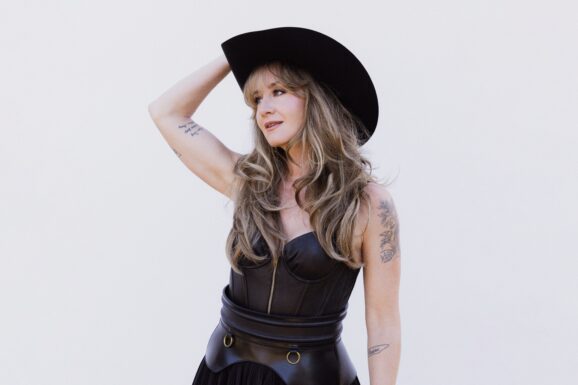Rating: C+
It’s been over ten years since last we saw Sophia Loren grace our screens starring as her own mother in the TV movie based on her life, My House is Full of Mirrors. Loren is, of course, cinematic royalty who has long set the standard for starlets and actresses across the globe. Now pushing 90, I suppose we can’t blame her for her decade long respite from the world of film.
Yet what’s quickly apparent in The Life Ahead, the new film from director Edoardo Ponti, Loren’s son, is how little her charisma has waned over the years. While the film is itself incredibly standard, Loren’s presence is a bright spot in what is otherwise an exercise in competent mediocrity.
Based on the novel The Life Before Us by Romain Gary, which previously inspired 1977’s Madame Rosa, which won the 1978 Oscar for Best Foreign Picture, The Life Ahead breaks little ground either narratively or cinematically, focusing instead on Loren’s star power and ability to hold a scene. The screenplay, written by Ponti, Ugo Chiti, and Fabio Natale, lacks much of the nuance and subtlety that propelled Madame Rosa, and yet does manage to earn its more emotional turns. But only just.
Loren stars as Madame Rosa, a holocaust survivor and aging ex-prostitute turned neighborhood den mother who takes care of the children of the local streetwalkers. Her limits are tested when young Momo (Ibrahima Gueye) robs her in the middle of a local market. A Senegalese orphan, Rosa soon takes Momo under her wing to help guide him as best she can away from the life of crime and miscreance he’s headed towards.
Magnetic as Loren might be as Madame Rosa, The Life Ahead is far too cliché for the film to achieve any real lasting power. The script explores precious little about any of its characters, choosing, instead, to just throw them at us without much by the way of development or insight. Even still, Gueye and Loren have a unique chemistry that propels much of the film’s emotional impact and, ultimately, saves the narrative from its own inherent weakness.
While the film makes overtures at exploring the hard life of immigrants, Ponti ultimately abandons any subtext to tell a relatively straight forward story that we’ve seen countless times before. Elements of 1994’s Fresh or 2000’s Finding Forrester can be seen in the overly simplistic narrative that plays too safe for its own good.
Still, it’s hard not to feel for Gueye’s Momo. A young boy with no real guidance, he’s doing all he can with the cards he’s given—which isn’t very much. Loren serves him well as his first real guiding figure and the bond between them is admittedly quite lovely. Serving as a kind of loving-but-stern aunt figure, Loren’s Rosa knows a thing or two about hard lives and the hard choices that come from them.
The film does what it can to jerk a few tears, and occasionally it is quite successful, but not as often as the film seems to hope for. Ultimately, The Life Ahead just can’t overcome its own shortcomings to give us anything other than rote sentimentality. It’s not so much that it is a bad movie as it is an overly simplistic one that relies too much on clichés and the star power of Loren to get by. That said, Loren’s performance alone is enough to hold you rapt for the film’s scant 90 minutes. Beyond that, it’s difficult to imagine remembering The Life Ahead in the next few months, to say nothing of the next few years.
The Life Ahead is now available on Netflix.












